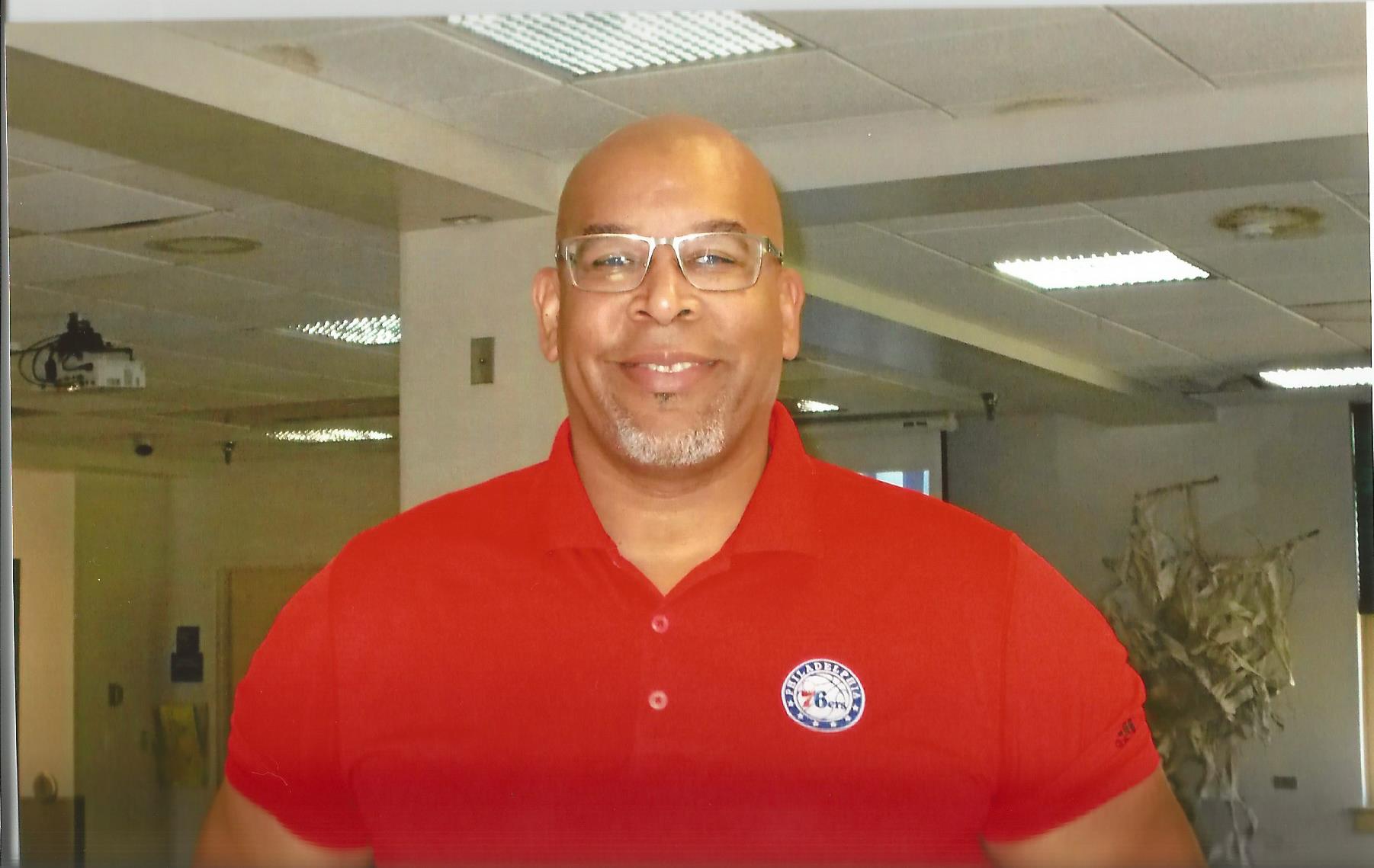In “All the President’s Men,” the superheroes are crime reporters fighting for truth, justice and the American way in metropolis. But in this true story of deceit at the highest level, the villains are all the president’s men. It is the story of how two investigative reporters, Bob Woodward (Robert Redford) and Carl Bernstein (Dustin Hoffman), exposed a cover-up that shocked the nation and toppled a president.
On June 17, 1972, the arrest of five men for breaking into the Democratic National Committee at the Watergate building didn’t attract much attention — not even from the newspaper. Yet it was curious that the burglars had money with sequential serial numbers on the bills. Other possessions were odd as well – cameras and three pen-sized tear gas guns.
When crime reporter Woodward arrived at the arraignment, things just didn’t line up. Counsel arrangements invited curiosity. The burglars were three Cuban exiles, a Cuban American and an ex-CIA agent James W. McCord Jr. (Richard Herd). The reporters’ investigation revealed that the cover-up of the bugging of the headquarters traced directly to the White House.
Without the keen detective work, dogged investigation and courage of Bernstein and Woodward, the real story might have been hidden for years or forever. In 1973, Nixon resigned.
Woodward and Bernstein chased down one lead after another using rotary phones and notepads. They documented their stories, pecking away on typewriters. Without Google and databases, they poured through records and phone books.
Their informant, Deep Throat (Hal Holbook), was cryptic. Sources played games to confirm what they knew without speaking the words. They confirmed facts by what they didn’t say or how they said it.
All the president’s men were connected, and the investigation is dangerous. The story of the Watergate Scandal is not fiction. The risks for the press to get it right were high. The stakes for the freedom of the press, and the future of democracy were high. When Bernstein and Woodward admitted to miscommunication with a source, they went to the home of executive editor Ben Bradlee (Jason Robards).
In the iconic scene, Bradlee says, “We’re under a lot of pressure, you know, and you put us there. Nothing’s riding on this, except…First Amendment to the Constitution, freedom of the press. And maybe the future of the country. Not that any of that matters, but if you guys f— up again, I’m going to get mad.”
But it does matter. The superheroes keep fighting. The power of the Constitution is their weapon. And moviegoers have a front row to the action.
History tells how the story ends, but the movie compels the viewer to think, What if? What if free speech was denied? What if the press was silenced? Hindsight is 20/20, but this movie makes the audience grateful for the foresight of the Framers of the Constitution and the power of the press.
Almost 50 years later, when Americans can choose news sources by their slant, fake news is a rally cry, and cancel culture is the new catchphrase and fear. This movie shows what integrity in reporting looks like. It proves that the power of the press can expose corruption at its highest level.



